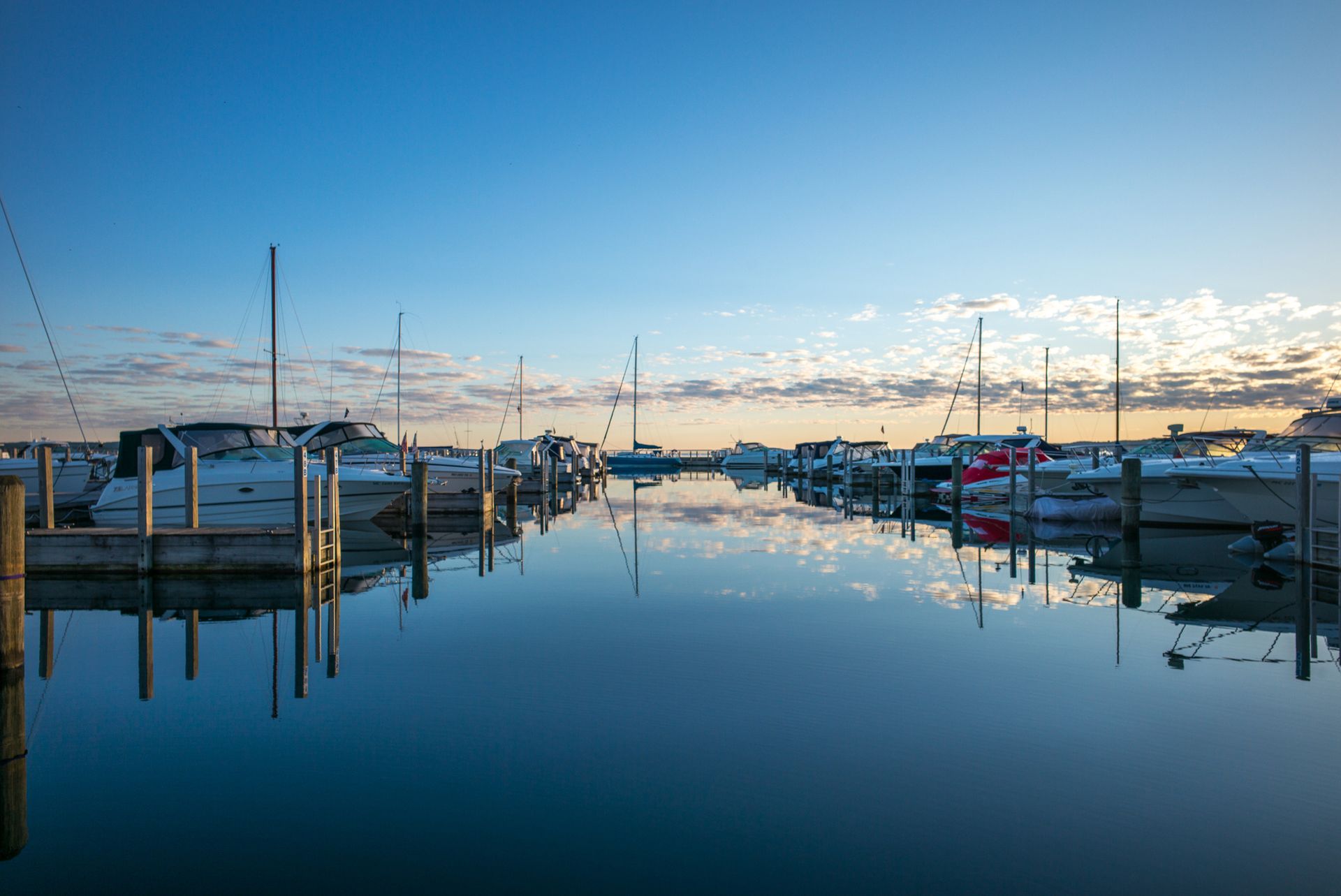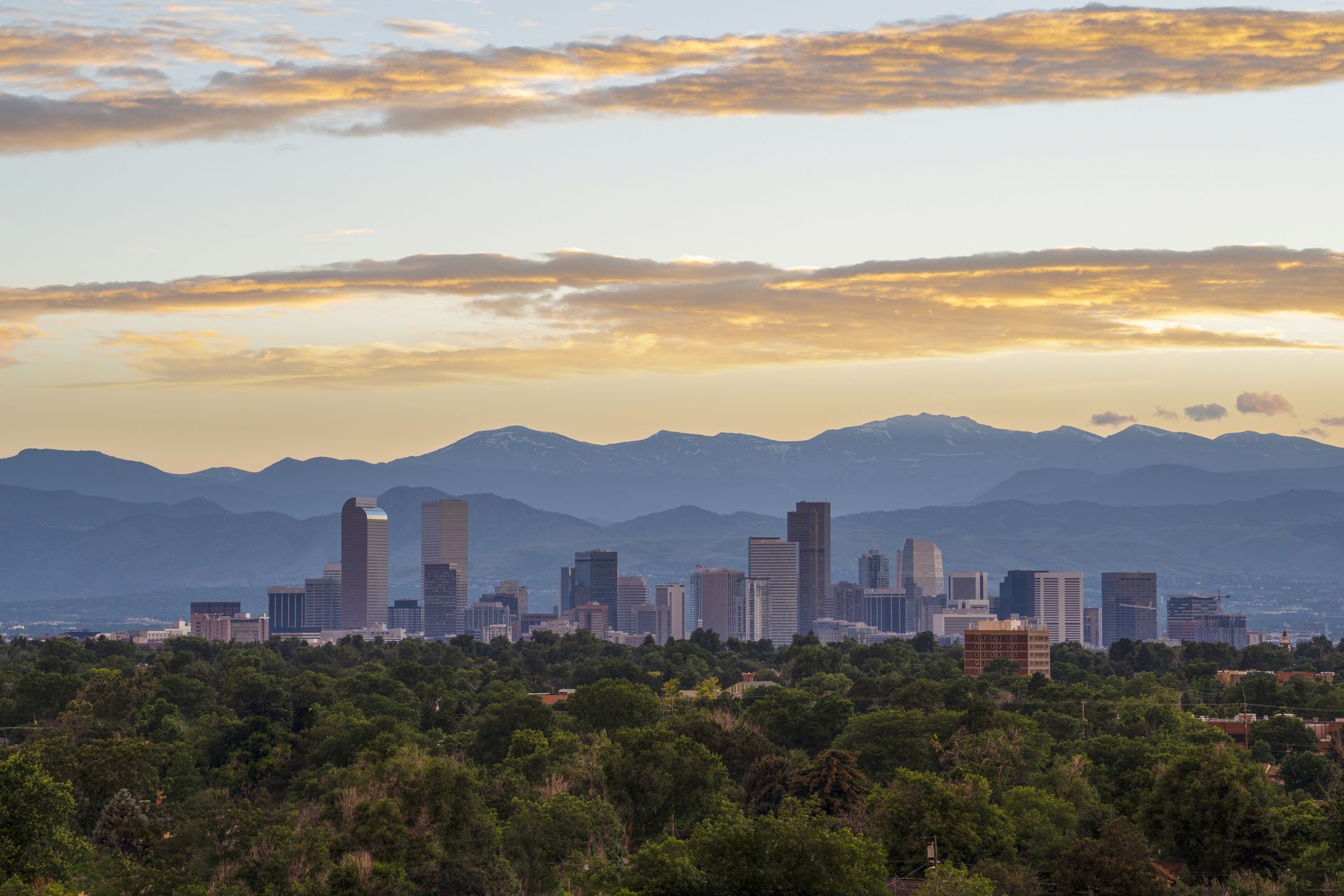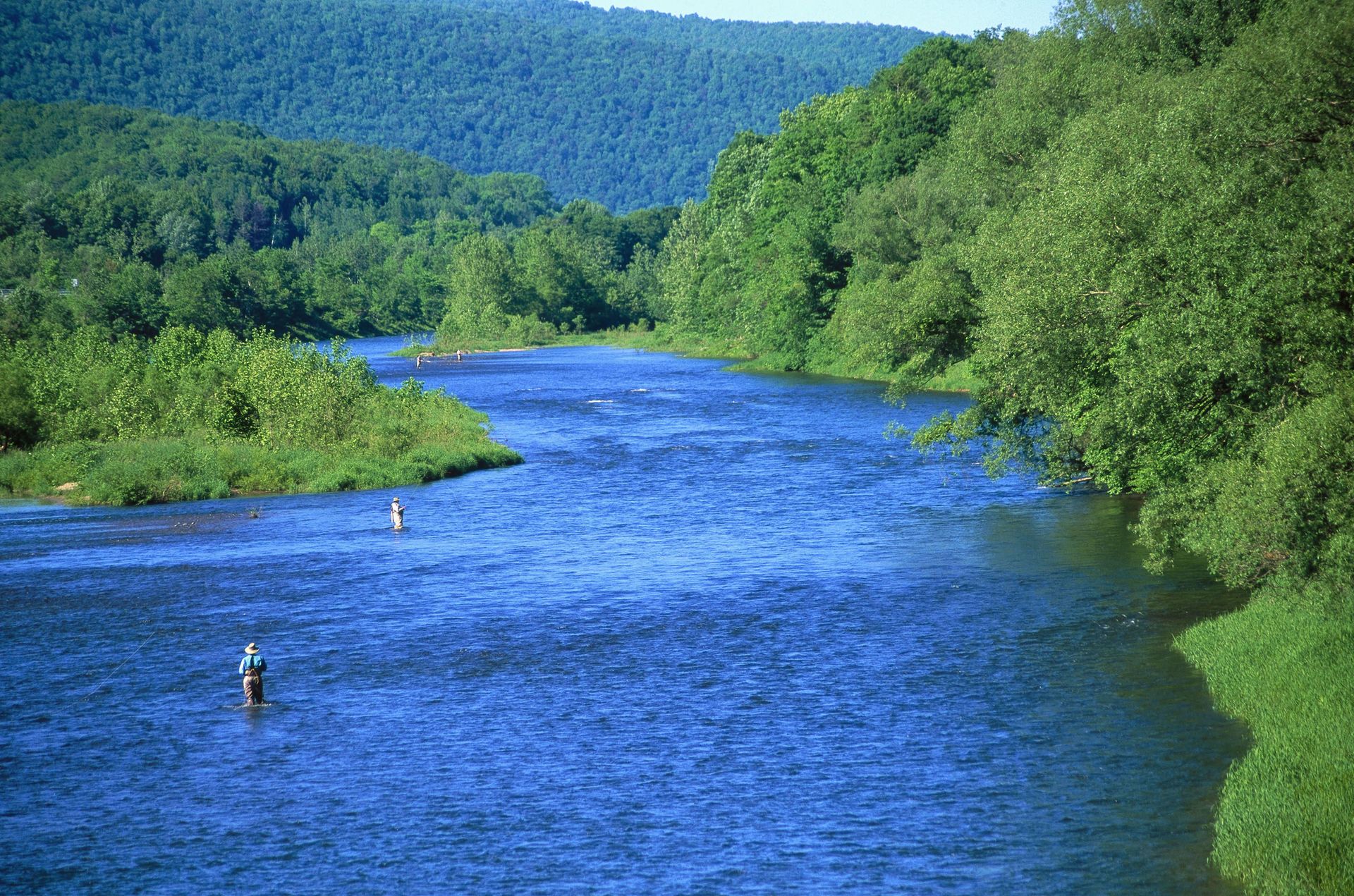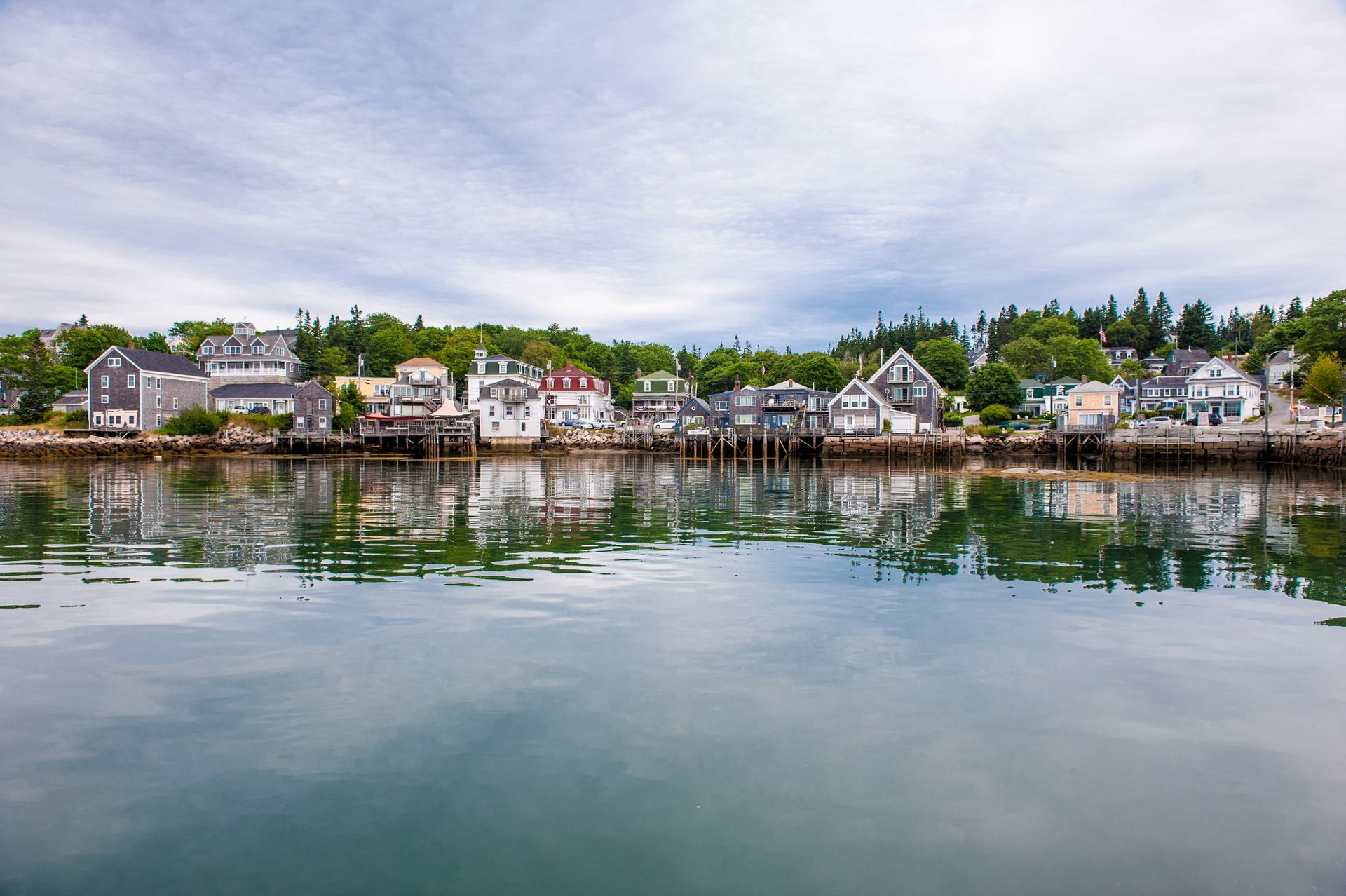Best Locations for Vacation Homes Avoiding Climate Risks
For previous generations, the questions surrounding vacation home purchases were simple: What’s your budget? Do you prefer the mountains or the beach? However, the current situation has evolved due to the impact of climate change, prompting potential homeowners to ask more complex questions.
In the aftermath of devastating natural disasters such as hurricanes, wildfires, and flooding, many individuals are reevaluating their choices for vacation home locations. Factors such as extreme weather threats are now prominent in the decision-making process.
The rise of climate-related concerns has led to the development of resources like Climate Check. This platform provides detailed climate risk analytics for properties, allowing potential buyers to assess exposure to severe weather events both currently and looking forward up to 40 years into the future.
Why Consider Climate Risks when Buying a Vacation Home?
There are numerous reasons to purchase real estate; whether it’s to be closer to family, for career opportunities, or retirement. Yet, climate risk is now an essential factor to consider alongside price points and lifestyle needs. Climate change can lead not only to property damage but also to risks impacting personal safety and overall quality of life.
Top Destinations for Vacation Homes with Lower Climate Risks
While predicting the future remains uncertain, certain locations stand out as safer options for vacation homes, particularly concerning climate risks. Here are some top recommendations:
1. Duluth, Minnesota
Duluth is consistently recognized as a climate-safe city. Located on the shores of Lake Superior, it offers city living with the backdrop of one of America’s iconic Great Lakes. Duluth has a relatively low risk of natural disasters such as hurricanes and wildfires, making it an attractive option for homebuyers.
2. Traverse City, Michigan

Traverse City shares many of the benefits of Duluth, with a low risk of storms, a moderate climate, and stunning natural beauty. With its access to the Great Lakes and a charming downtown, this is a great destination for those seeking a lake house.
3. Salt Lake City, Utah
If mountains appeal more than lakes, Salt Lake City should be on your radar. Surrounded by stunning mountains, SLC presents endless recreational opportunities throughout the year, from hiking to skiing. It has a low risk of flooding and fire, though some concerns regarding heat and drought remain.
4. Denver, Colorado

Another mountainous option, Denver offers breathtaking natural scenery and a lively urban atmosphere. Although the area has some wildfire risks, it largely avoids severe winter storms, floods, or hurricanes.
5. Orlando, Florida
For families looking for fun and entertainment, Orlando provides a unique vacation experience with access to major theme parks. Moreover, Orlando has been highlighted as a city that avoids many climate change risks, including hurricanes and flooding, while still enjoying Florida’s sunny weather.
6. The Catskills, New York

The Catskills offer stunning natural beauty, including mountains and lakes. It is particularly favorable for those looking to escape the worst effects of climate change, facing fewer extreme weather events than many other areas.
7. Rockland, Maine
Situated in New England, Rockland boasts beautiful lakes and lush forests. Its appeal lies partially in its well-rounded offerings for both beach-goers and mountain enthusiasts. Although the area faces risks such as winter storms, it remains largely safe from significant climate threats, providing a comfortable climate for vacation homeowners.
In conclusion, when considering a vacation home, it’s crucial to account for potential climate risks. By taking proactive steps to understand the weather patterns and risks of various regions, you can select a location that not only meets your personal needs but also provides a refuge from the harsh realities of climate change.
For more information on selecting the right home or understanding climate-related risks further, refer to credible external resources focusing on climate risk assessments and real estate trends.




